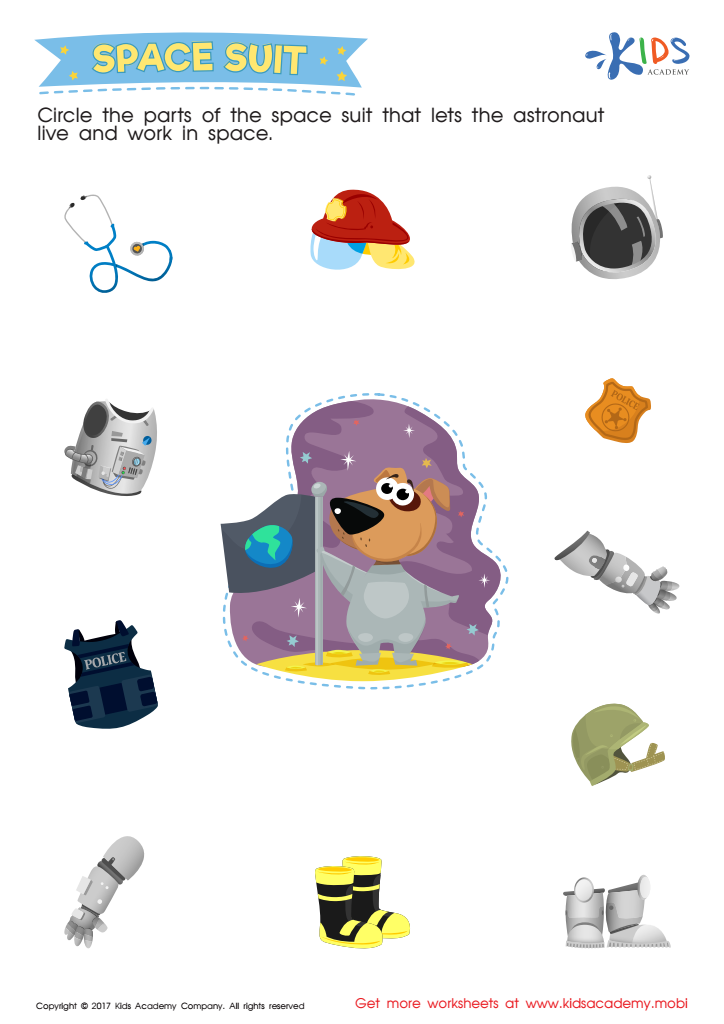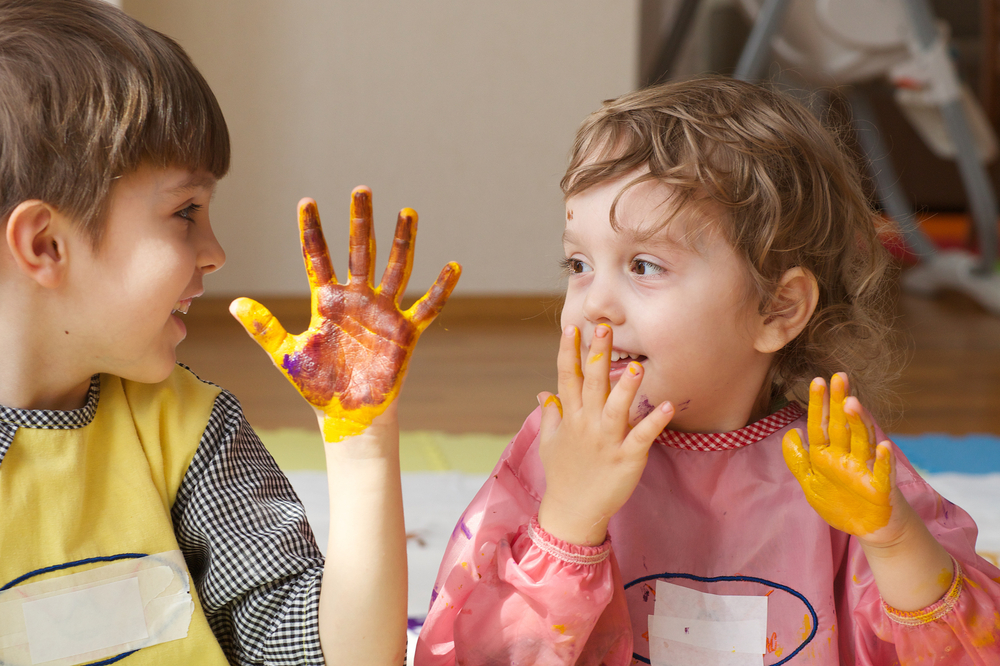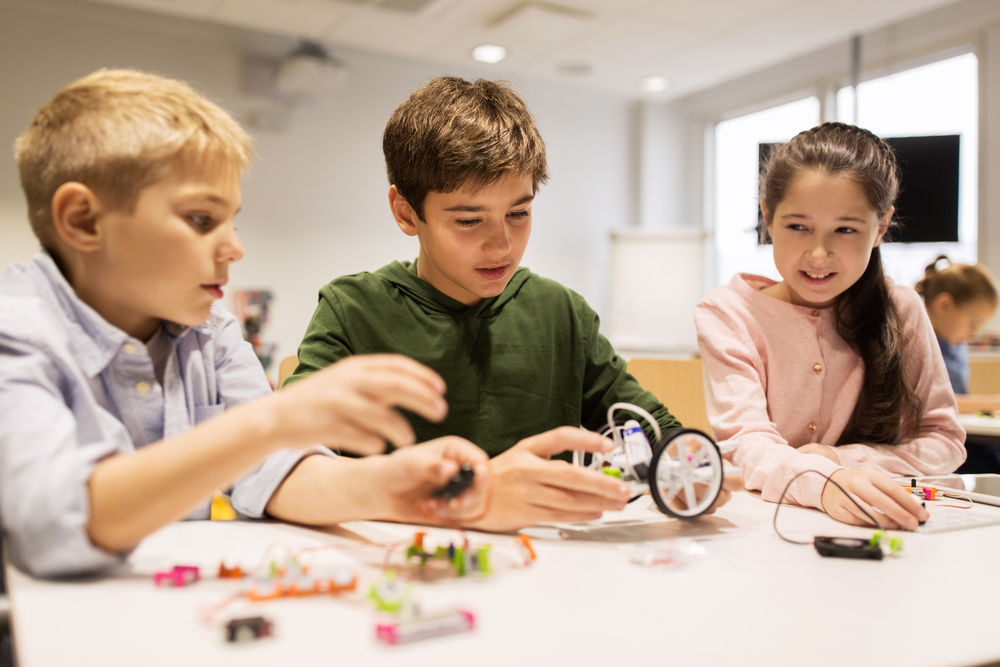Critical Thinking Science Worksheets for 5-Year-Olds
7 filtered results
-
From - To
Unlock your child's potential with our engaging Critical Thinking Science Worksheets designed for 5-year-olds! These thoughtfully crafted resources encourage young learners to explore, analyze, and reason through exciting scientific concepts. With visually stimulating exercises and fun activities, children develop essential skills like observation, comparison, and problem-solving. Our worksheets not only stimulate creativity and curiosity but also support foundational knowledge in science, fostering a love for learning. Perfect for parents and educators alike, these printable activities can easily be integrated into home or classroom lessons. Join us on this adventurous journey to nurture critical thinking in young minds and inspire future scientists!


Sorting Animals in 3 Groups Worksheet


Herbivores Printable
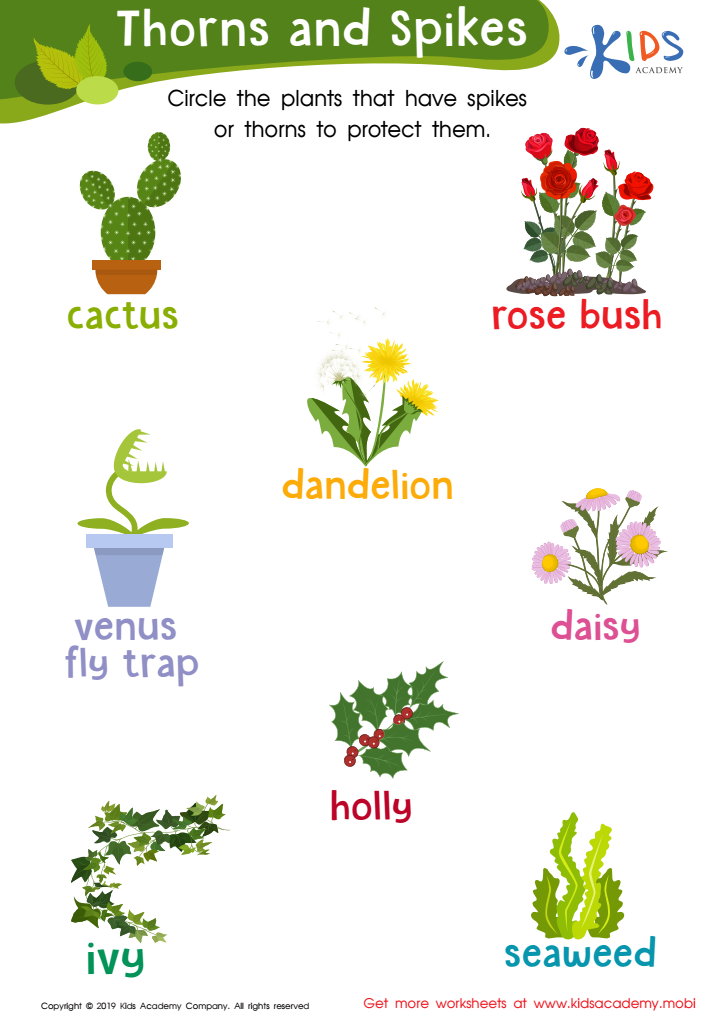

Thorns and Spikes Worksheet
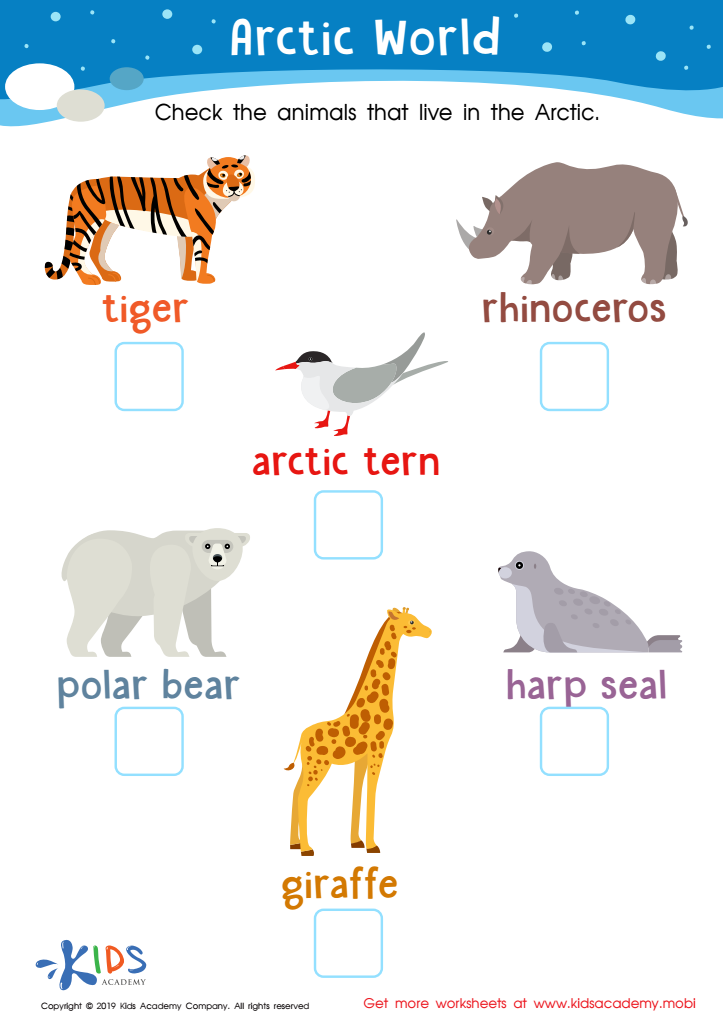

Arctic World Worksheet
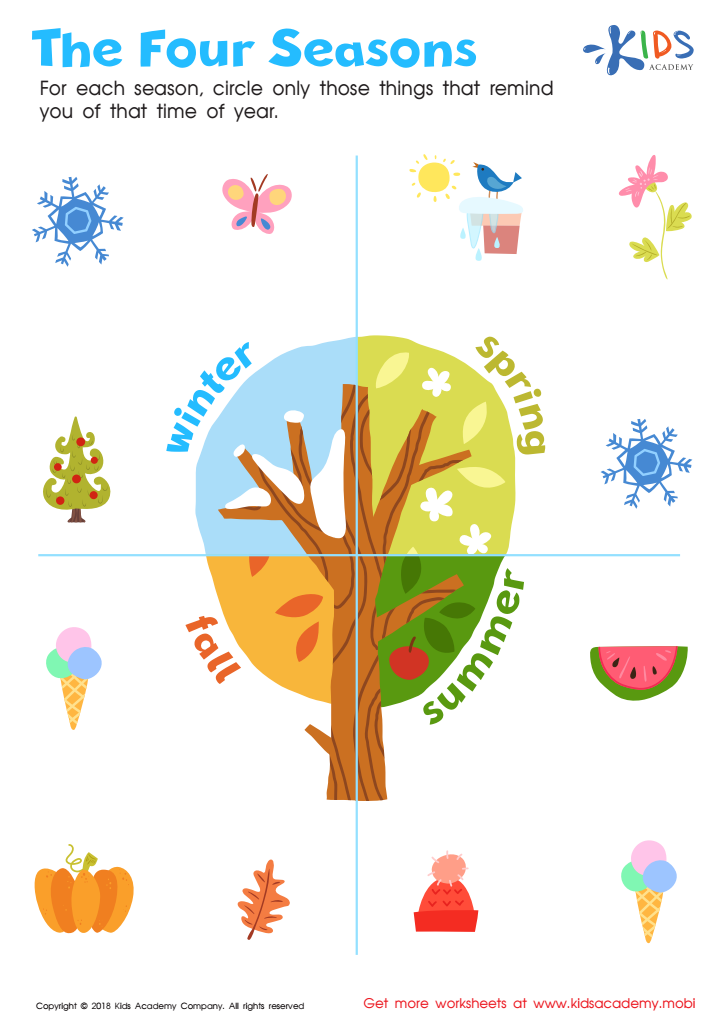

The Four Seasons Worksheet
Critical Thinking Science for 5-year-olds is vital because it lays the groundwork for lifelong learning and problem-solving skills. At this young age, children are naturally curious and eager to explore the world around them. Engaging them in critical thinking activities helps nurture this curiosity, encouraging them to ask questions, make observations, and think analytically about their experiences.
Parents and teachers should care about fostering these skills because critical thinking is essential for academic success across subjects, particularly in science, technology, engineering, and mathematics (STEM). By encouraging young learners to ask "why" and "how," educators can help them develop the ability to assess information, evaluate different viewpoints, and make informed decisions.
Furthermore, learning through play-based science activities can enhance social skills as children collaborate, share ideas, and learn from one another. This practice not only builds cognitive skills but also encourages teamwork and communication, which are crucial for future interpersonal relationships.
Ultimately, by prioritizing Critical Thinking Science, parents and teachers equip children with the tools they need to navigate their world effectively, adapting to challenges and continuously seeking knowledge throughout their lives. Investing in these skills at a young age fosters confident, inquisitive, and capable individuals.

 Assign to My Students
Assign to My Students
